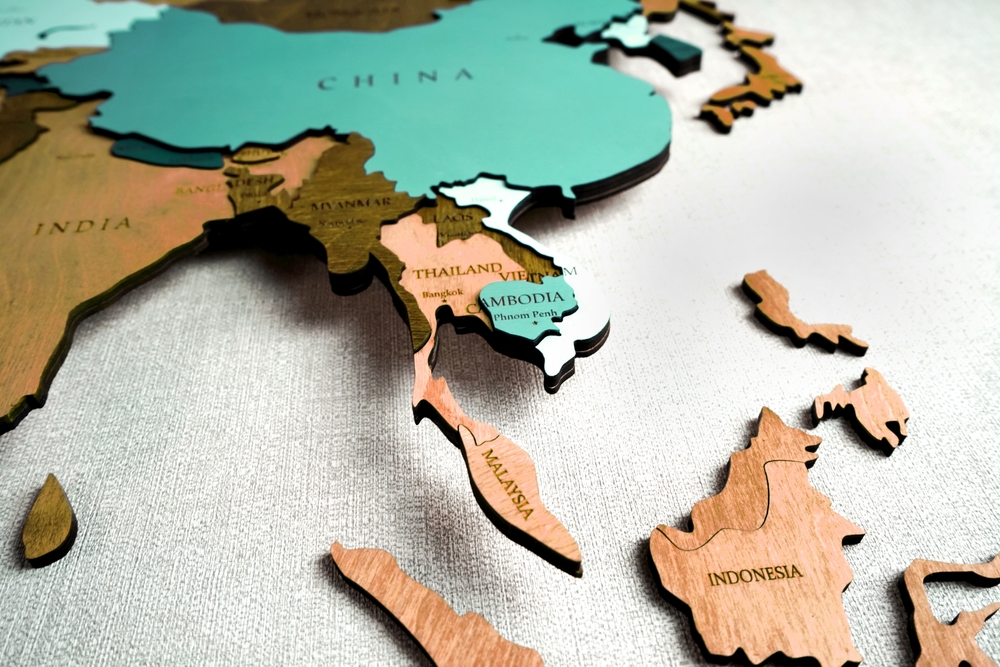
As the US struggles to balance its focus between Ukraine and the Middle East, a third demand for its attention in the Pacific has become increasingly difficult.
In the third week of October, Chinese vessels deliberately collided with a Philippine coast guard ship. A Chinese J-11 flew within 10 feet of a US B-52 two days later.
In a speech given alongside Australia’s prime minister, President Biden warned that America’s defense commitment to the Philippines “is ironclad.” He said any attack on Philippines vessels, aircraft, or troops would trigger the 1951 mutual defense treaty between the two countries, which requires the US “to meet the common dangers in accordance with its constitutional process.”
China’s President Xi Jinping has said unifying China with Taiwan “must be achieved” and suggested it was likely to occur by 2027. If such an invasion were to happen, it would set off a sequence of repercussions that would almost certainly drag the US into a major war. The loss or threat of loss of Taiwan would mean the US would lose its strategic defense and dominance in the Pacific. It would also mean a significant blow to the semiconductor region based out of Taiwan, which the US vitally relies upon.
Read More
China’s Naval Provocations Are Getting Too Blatant to Ignore
A War With China Would Be Unlike Anything Americans Faced Before




